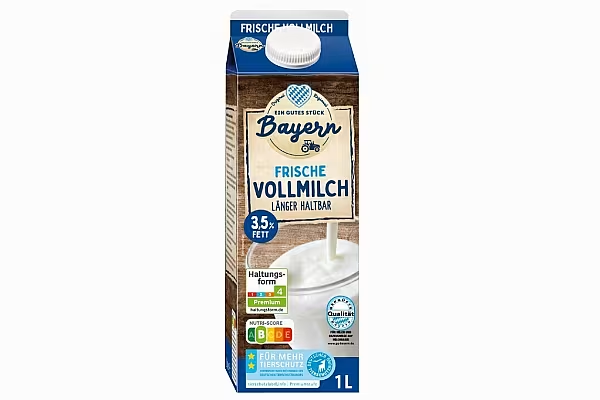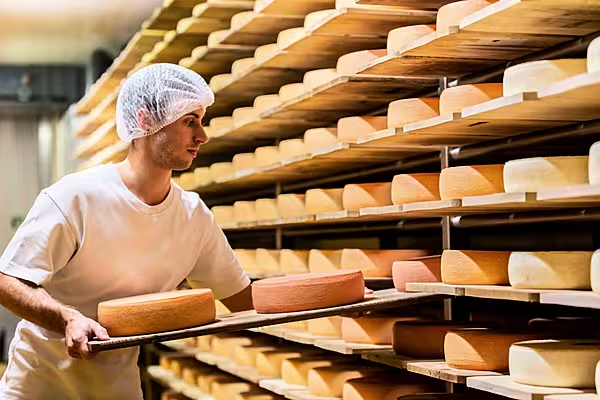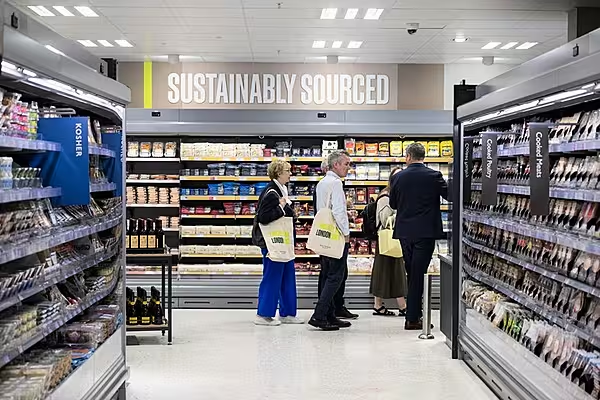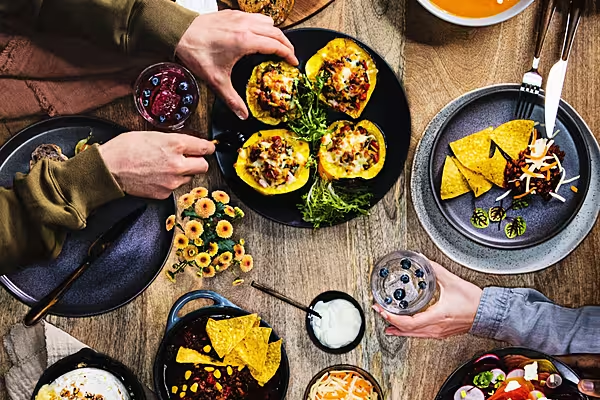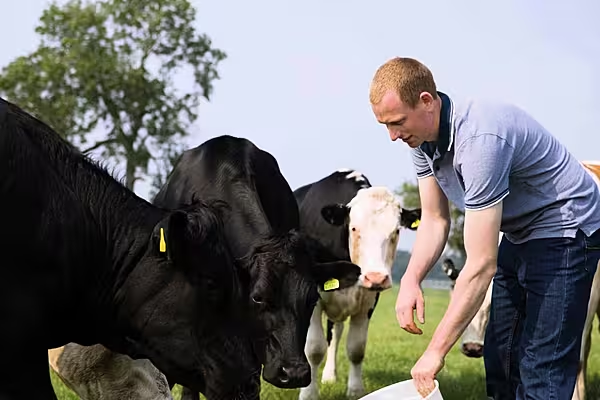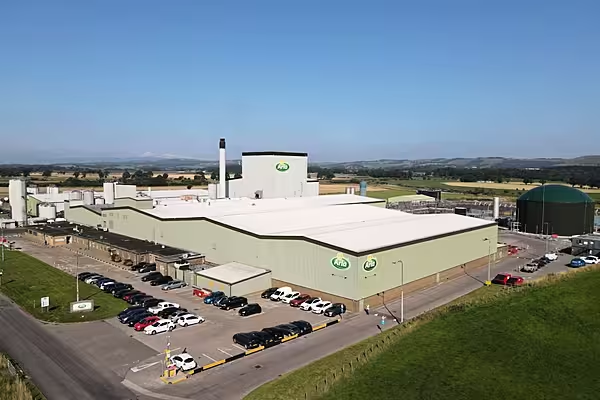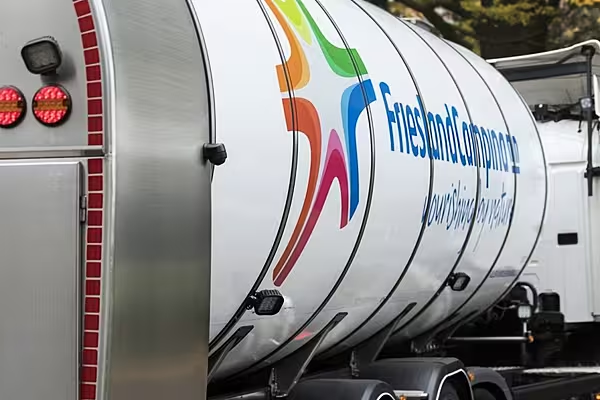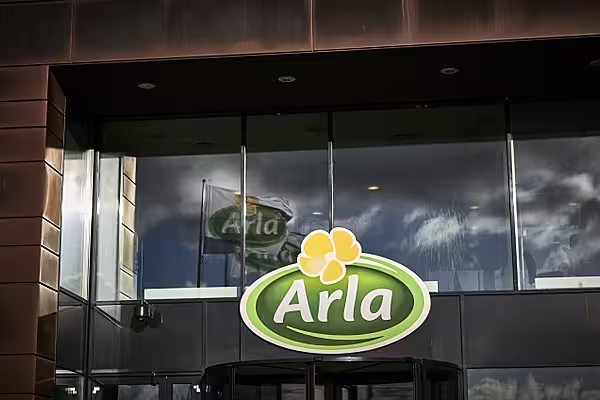Discounter Lidl Germany is promoting climate protection in its supply chain by encouraging the farmers of its own brand 'Ein Gute Stück Bayern' to reduce greenhouse gas emissions per litre of milk by at least 25% by 2026 compared to the base year 2021.
Ein Gute Stück Bayern
In order to support around 50 farmers, Lidl, together with its supplier, the private dairy Bechtel, founded a climate advisory board with representatives from the Lake Constance Foundation, the Bioland Foundation, the Thünen Institute for Business Administration, as well as other agriculture groups.
With its recognised climate balancing tool – AgriClimateChange Tool (ACCT) – the Lake Constance Foundation 2020 has determined the CO2 emissions from agricultural operations in Bavaria for the first time.
Based on these results, the climate advisory board has recommended tailored climate measures, such as the more efficient use of manure, or the adjustment of feeding, which the farmers are to implement step by step.
Christoph Graf, purchasing manager at Lidl in Germany, said, "The climate project in the milk sector shows that together with all participants in the supply chain we can significantly improve the ecological footprint of products. We want to transfer the findings to other products in the future in order to make our own brand products more climate-efficient."
Read More: Lidl Germany Expands Climate-Neutral Range
Lidl Germany Climate Measures
With the addition of the climate balance for milk, Lidl Germany is aiming to consistently develop the standards of the Bavarian own brand, with a focus on sustainable agriculture, animal welfare, and regionality along with its partners and rural milk producers.
The company takes compliance with climate measures into account in the financial benefits that farmers receive per litre of milk for the additional effort, such as the use of local feed, methane-reducing feed for cows, or an adjustment to crop rotation.
Since the creation of 'Ein Gute Stück Bayern' more than ten years ago, the company has paid out more than €20 million to the participating farmers for the implementation of requirements for dairy farming.
The further development of the 'Ein Gute Stück Bayern' milk contributes to the Lidl climate strategy.
In addition to reducing its own operational emissions, Lidl Germany also wants to enable its suppliers, who are responsible for 75% of product-related greenhouse gas emissions, to set their own climate target by 2026 based on the criteria of the Science Based Targets initiative.
With this, the company wants to contribute to limiting global warming to 1.5 degrees Celsius in line with the Paris climate agreement.
© 2022 European Supermarket Magazine – your source for the latest fresh produce news. Article by Conor Farrelly. Click subscribe to sign up to ESM: European Supermarket Magazine.
